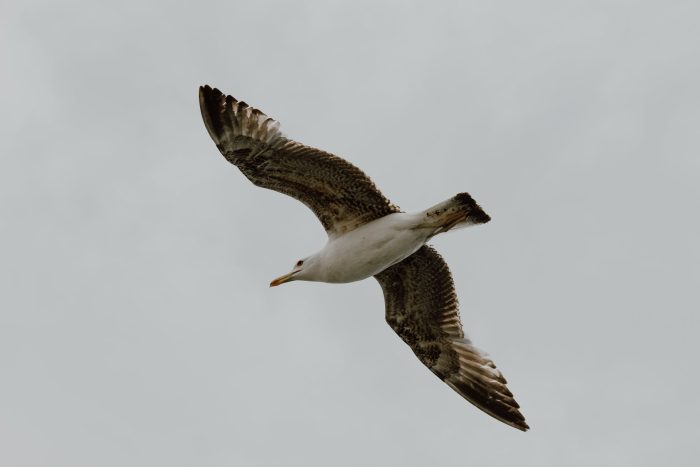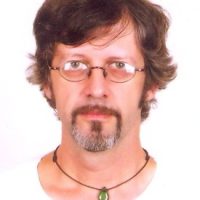For some people freedom is the possibility to make money, for others it is to carry a gun, for some others it is traveling, whereas other people would say that freedom is being able to vote or to profess one’s own religion openly… Who is right? I’ve seen people being proud of their ‘freedom’, of living in a ‘free’ country, even though to survive they were forced to work and commute to work 10 hours or more every day, and had hardly any time for anything else… Is that freedom? All this tells us that the concept of freedom is quite subjective and it may change between people and cultures, at the same time being also influenced by societal dominant views and the media. We know that total freedom is impossible, as we always have to take into account the people around us and the environment we live in. Walking around naked, for example, what may be the most natural thing in the world, could be a sign of freedom, but doing it in public in our modern society may give us problems of various kinds. Also some may like to eat ‘take-away’, and feel free not having to cook, but the amount of waste, especially plastic, that this produces is definitely not good for the environment… Moving on to more commonly-held beliefs, is being free to elect politicians a sign of freedom? Of course it is, but perhaps not to the extent we believe, considering the usual lack of candidates we really admire and trust, and the daily brainwash we receive from the media, added to the politicians’ propaganda and sometimes even lies… According to the Buddhist monk Ajahn Brahm, one is free if he’s willing to be where he/she is or do what he/she’s doing, and not free if he/she is not, no matter how nice this place/situation/activity might be. He feels free being a Buddhist monk, even though he is constrained by so many monastic rules. Other people, on the other hand, may feel ‘in prison’ even in a golden palace…
Perhaps we may say that there is what we might term objective freedom and what perhaps we could see as subjective freedom. Nelson Mandela, for example, spent 27 years of his life in prison, but he probably felt freer than many people that lead ‘normal’ lives in the ‘free’ world. I can also think of Calvin Malone, a convict in the US who spent 20 years of his life behind bars, but after encountering Buddhism he used his circumstances to practice the Dharma, to help other inmates and to meditate (see Malone’s book Razor-wire Dharma: A Buddhist life in prison). They both came out as wiser and more compassionate persons. Of course, not everybody could do what these two amazing people managed to do, and to me and most people, I believe, objective freedom is of the outmost importance. For example, being locked down because of Covid was not easy at all for me (and here in Malaysia we could not even go out for a walk or some exercise!), and when the lockdown eased and I could finally walk outdoors again I felt so happy.
At the end of the day, freedom to me is related to happiness – if you think you are free but you always feel miserable, perhaps you are not that free… More than once in Southeast Asia I’ve seen people enjoying little freedom, having to work hard every day, but nonetheless they were cheerful and perhaps they felt quite free… free at least to have enough food and a roof on their heads, to support a family, to enjoy good friends…
I think that we are all very lucky being free to do so many things in our society – we can vote, travel, say publicly what we think and even protest if necessary, but what I believe is even more important than all this is to try to be free inside… free from greed, free from anger, free from prejudices, free from fear… this is what would make us really free in spite of perhaps not optimal conditions in other aspects of our lives. In the West and more and more everywhere in the world freedom is associated with outside opportunities, what I called objective freedom, and not with our inner world, as problems of various kinds imprison us.
I’ve lived outside Italy for such a long time where, as a foreigner, I’ve never been able to vote… and I’ve lived in authoritarian countries for 15 years now, first in Brunei and then Malaysia, where some of my ‘objective’ freedom has been limited. However, I’ve been free to do so many other things that perhaps were more important, that have helped me to be a happier and, I hope, a better person – my research, my meditation, my traveling, my writing…
I wish everybody could be as free as they wish, both inside and outside. A freedom that could make us and the people around us happier, without impinging on the environment. That would make our world a better place.







Read 0 comments and reply